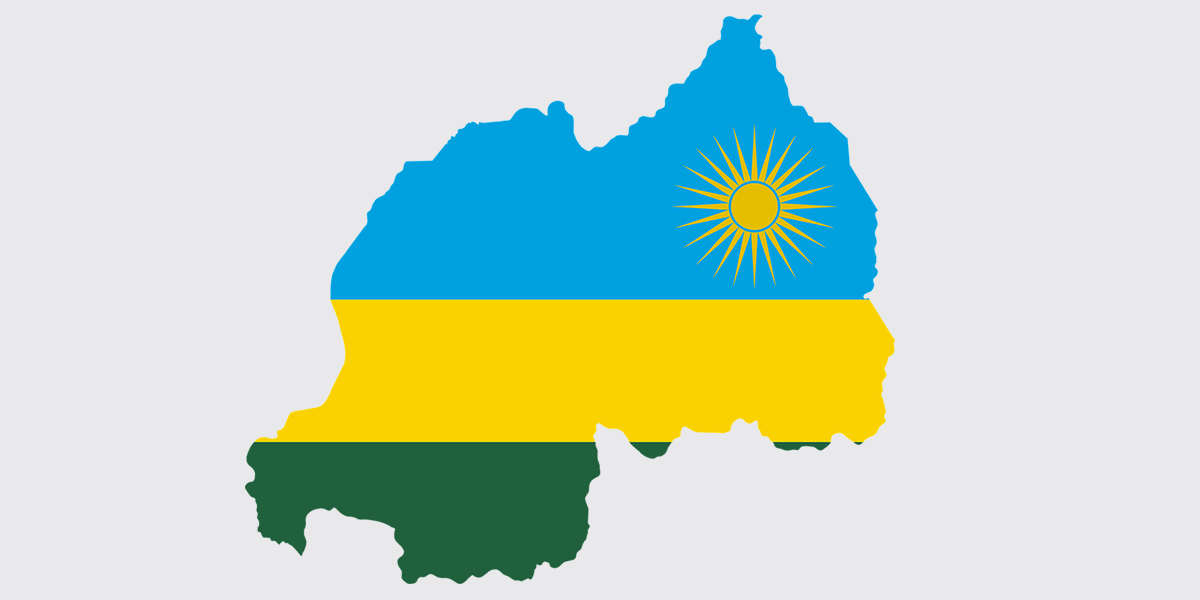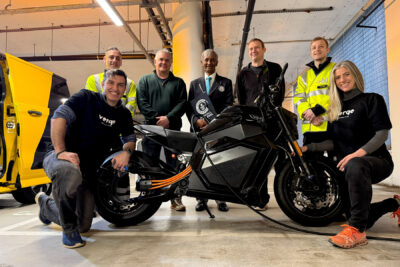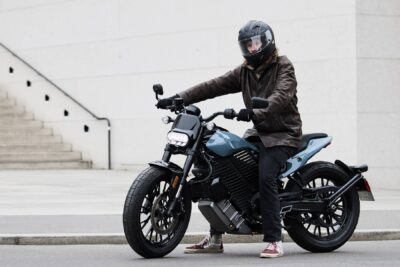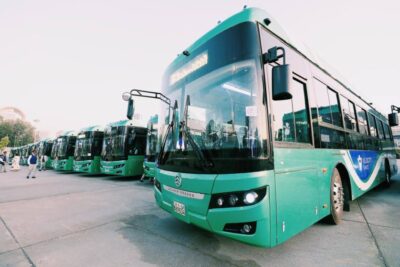Rwanda: electric two-wheelers and battery swapping
The government of Rwanda has announced that they will be issuing national policy guidelines to eliminate fossil-fuelled two-wheelers from its roads. This is part of a broader electrification strategy aimed at comprehensively decarbonizing the East African country’s transport sector.
The President of Rwanda, Paul Kagame, presented the plan at a youth conference last week. When tech news outlet TechCrunch made calls to the Rwandan government, the head of the Utilities Regulatory Authority, Patrick Nyirishema confirmed that plans for the electrification of two-wheelers were part of a wider national electric mobility plan. He explained that “The president’s announcement is exactly the policy direction we’re in…it’s about converting to electric motos…The policy is prepared, it’s yet to be passed…and is going through the approval process.”
Converting all two-wheelers in Rwanda is no mean feat. Motorcycle taxis in the capital of Kigali alone make up some 20-30,000 vehicles. At the youth forum where he presented the plan, President Kagame assured his audience that, “We will find a way to replace the ones you have now. We urge taxi-moto operators to help us when the phase-out process comes.”
The government’s strategy apparently focuses initially on public transit operators, such as moto-taxis, and move to buses and cars. It seems things will move quite quickly, “Once the policy is out, we’ll no longer permit any motorcycle that is not electric to be added to a fleet,” Nyirishema said, although he also acknowledged that the country’s regulatory authorities will allow for a transition period and program for taxi operators to make the change.
In a bigger picture look at the African continent generally, there has been a flurry of activity on African motorcycle taxi markets. According to a report from US industry research firm TechSci Research, the African two-wheeler market will surpass 10 billion USD within the next two years. It’s no surprise then that international companies and ride-hailing rivals Taxify and Uber launched motorcycle passenger services in East Africa last year and other motorcycle ride-hail ventures have been launched in Nigeria.
In Africa, Rwanda has made the news for a period of relative stability and prosperity as well as liberal and forward-thinking policies. Rwanda is also becoming a shining light of innovative initiatives, for example, leading the way on drone-delivery systems, relevant to overcoming infrastructure hurdles that can enable African countries to leap-frog decades (one could argue, centuries), of infrastructural neglect. Elesewhere in Africa, Nigerian motorcycle taxi and delivery startup MAX.ng raised a 7 million USD round with participation from Yamaha, who is coincidentally also participating in cooperation with Gogoro, the electric scooter and battery swapping company that is rapidly expanding its international networks.
The upsurge of interest in electric two-wheelers is no means a phenomenon of non-Western countries, Taiwanese company Gogoro is quickly conquering European markets and is known in Europe for the scooter-sharing service of Bosch, Coup. Gogoro recently expanded its portfolio with the launch of a vehicle-sharing platform GoShare, when the company announced that it would introduce its own sharing service in several cities around the world at the end of 2020. Gogoro has also just launched its B2B, electric scooter and battery swapping network in Soul.
Battery swapping makes sense at a time when battery technology is developing at a fast rate, yet electric vehicles themselves can be long-lasting and robust. In July last year, a Honda and Panasonic announced a project in Indonesia to trial battery swapping for electric motorcycles. In terms of the aforementioned infrastructure leap-frogging mentioned above, battery swapping overcomes grid difficulties in countries with unreliable or inadequate access to electricity. However, Gogoro’s example would indicate that while this is a benefit in underdeveloped countries, highly industrialised countries like South Korea are equally able to make good use of two-wheeler battery swapping systems.
Back in Rwanda, although the government has not indicated exactly which companies and initiatives will be involved in its comprehensive transport transition, one player is already clear. Ampersand, a Kigali-based EV charging systems venture, has already been involved in a feasibility study for implementing electric vehicles across Rwanda since last year, as well as already receiving grants from the Rwandan government. Pertinently, the startup has developed a battery-swapping system, much like Gogoro.





0 Comments